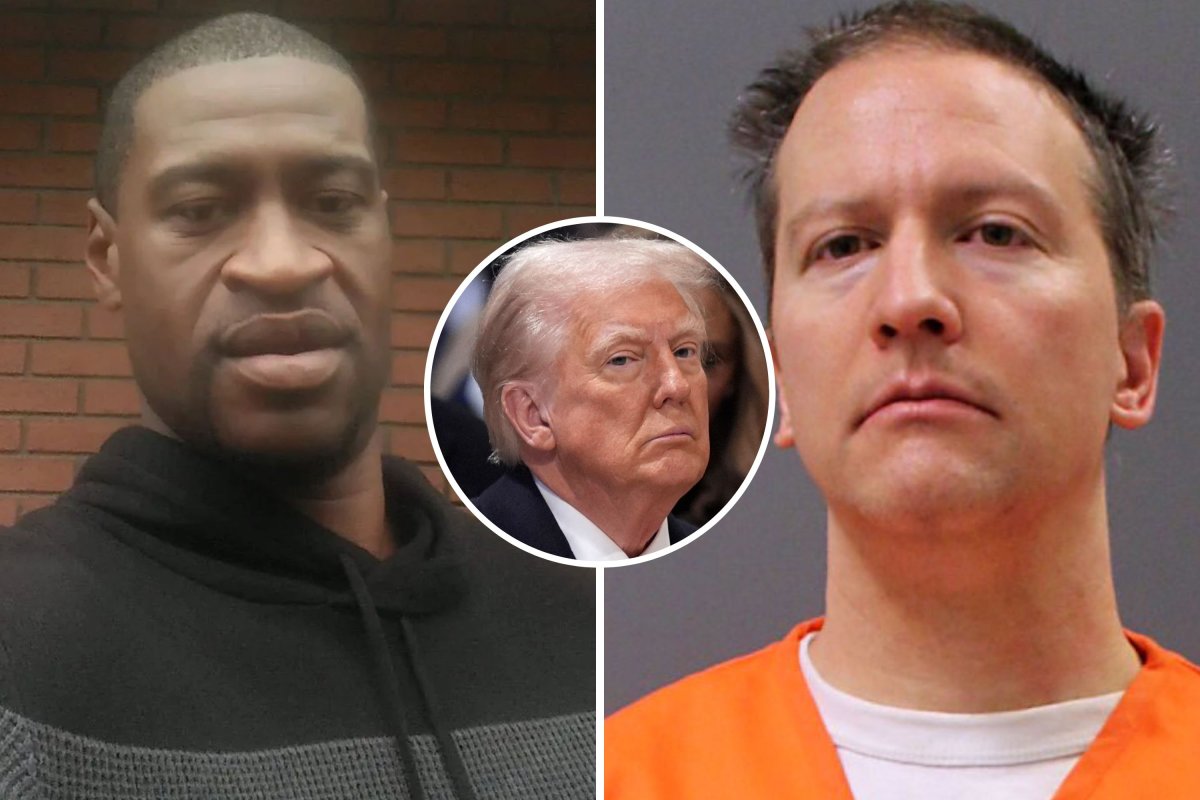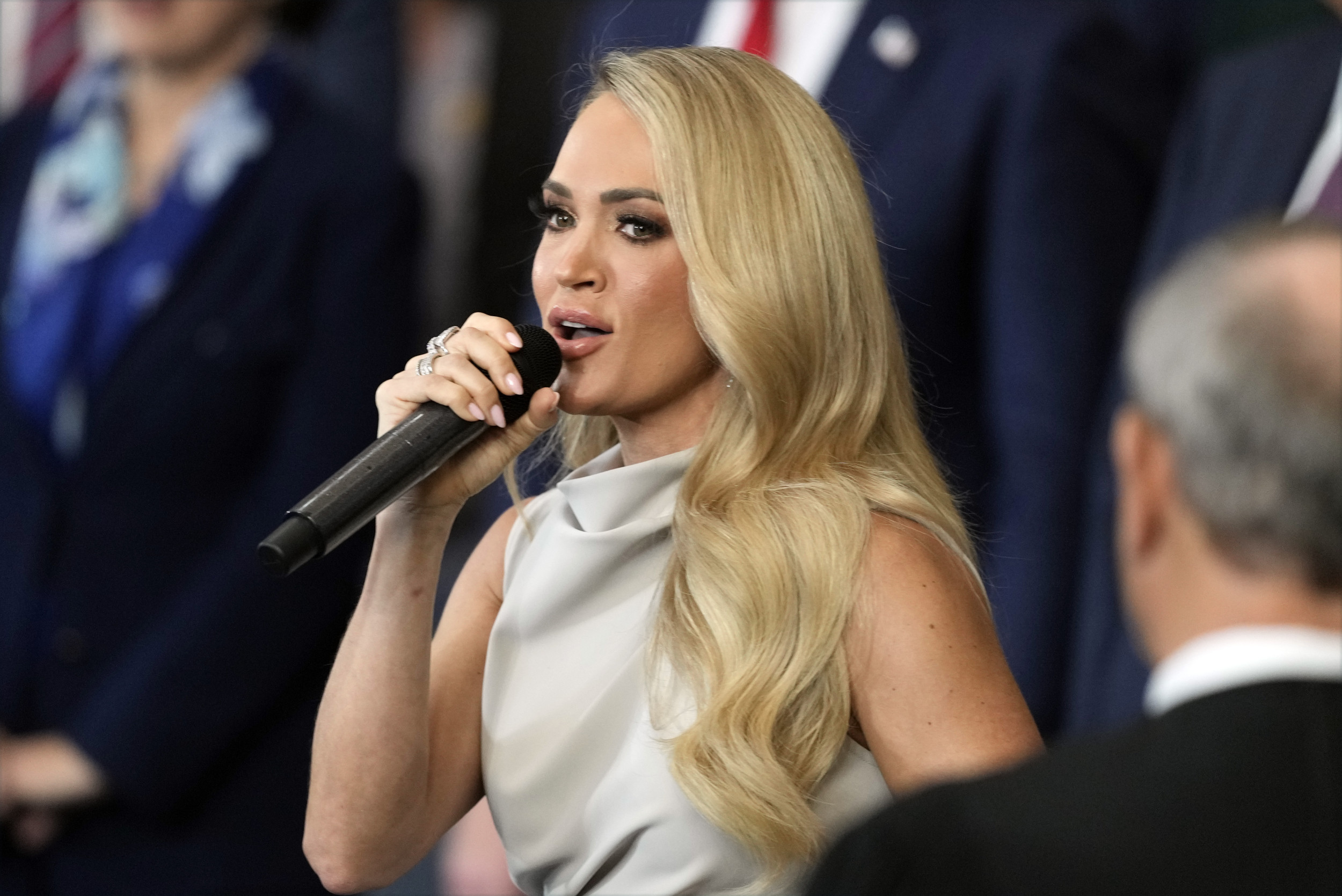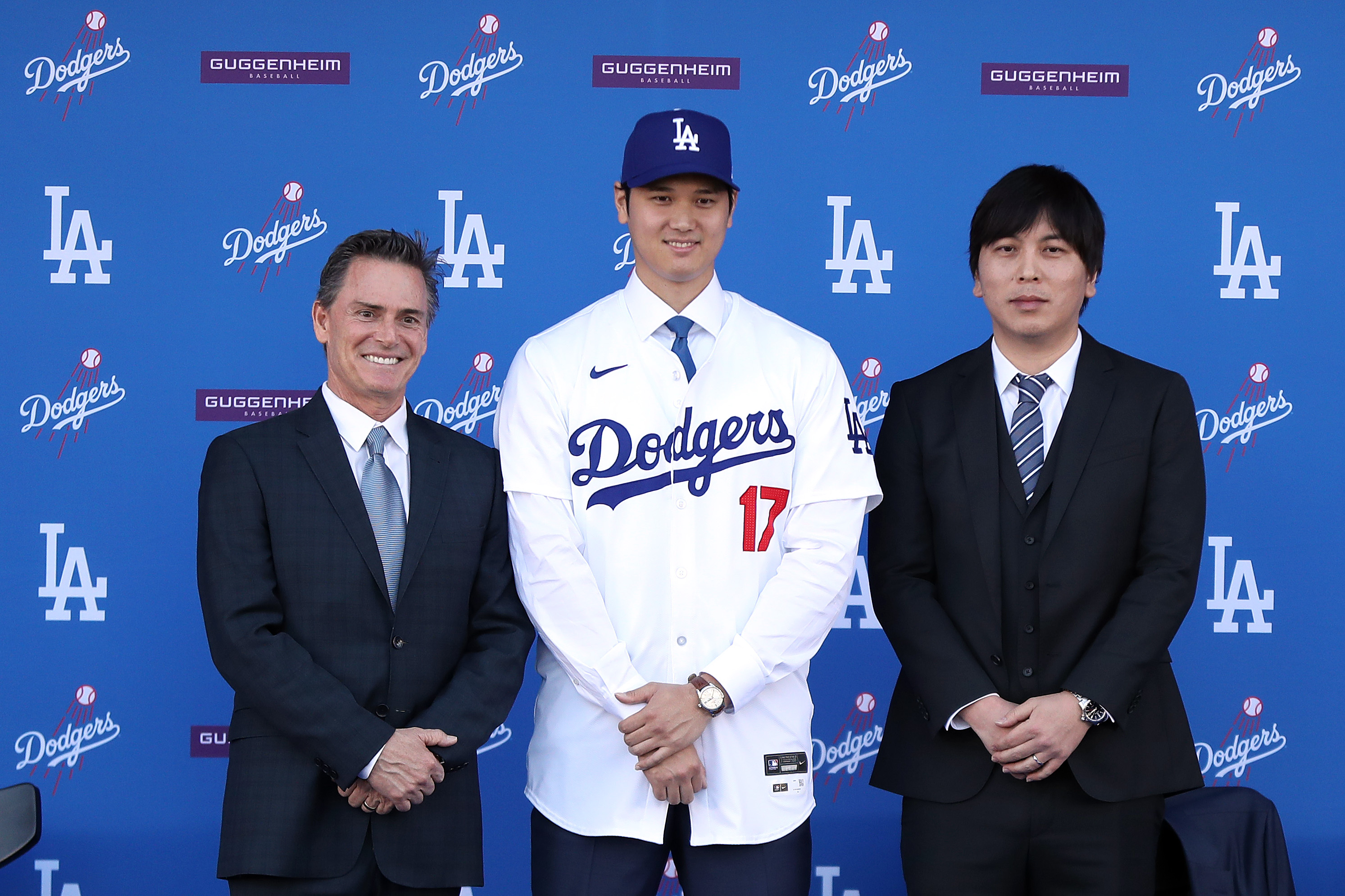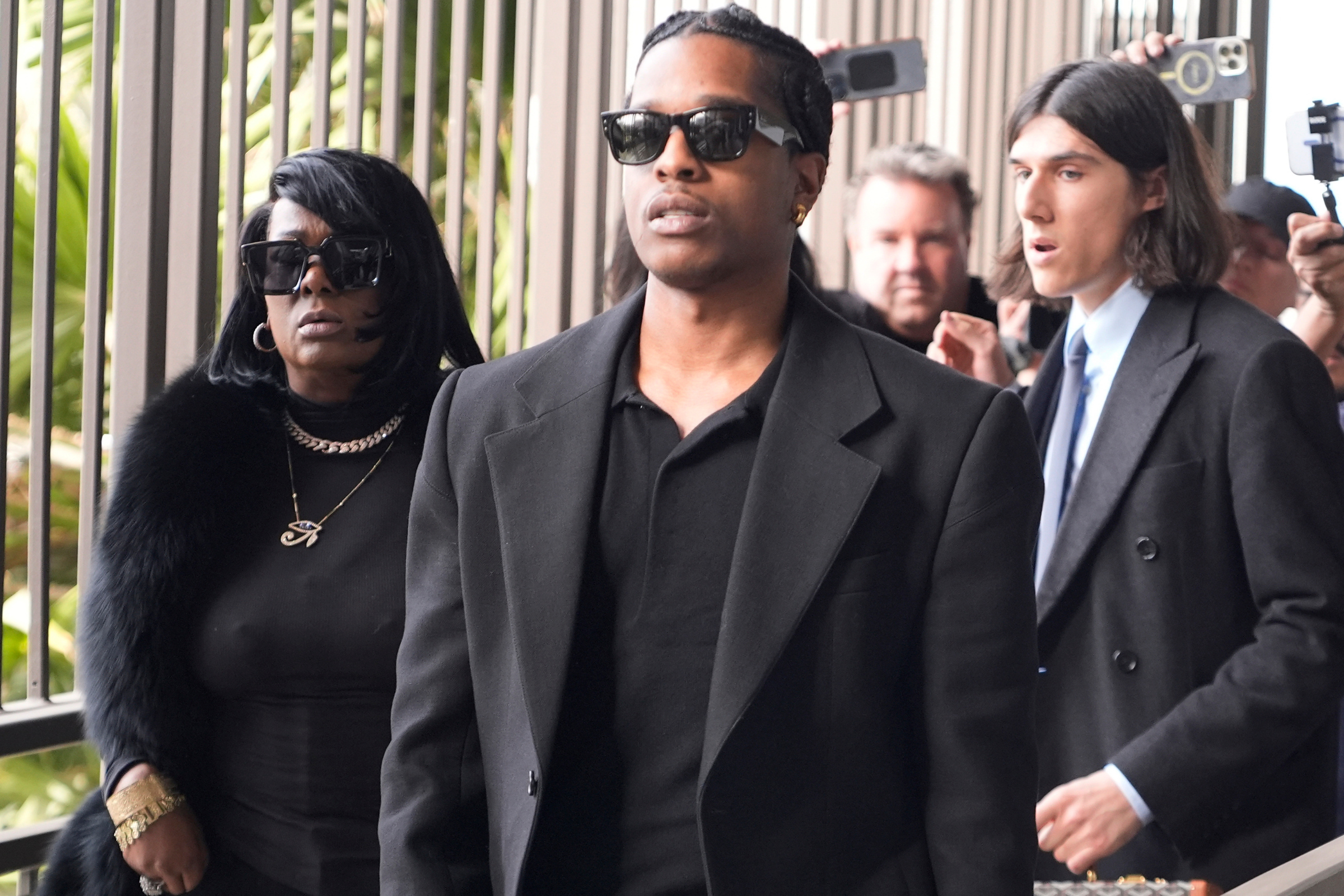Shortly after President Donald Trump pardoned two Washington, D.C. police officers convicted in the 2020 killing of Karon Hylton-Brown, a 20-year-old Black man, questions swirled about whether Trump would pardon other officials implicated in high-profile cases of violence against African Americans.
The most prominent case is that of 46-year-old George Floyd, whose 2020 murder by a white police officer in Minnesota made headlines and ignited nationwide protests.
The former officer, Derek Chauvin, is currently serving a 22-and-a-half-year state sentence for second-degree unintentional murder, alongside a concurrent 21-year federal sentence for violating Floyd's civil rights.
Trump's extensive use of executive clemency since taking office on Monday, including his decision to pardon roughly 1,500 convicted Capitol rioters, has fueled widespread speculation online about whether Chauvin might also receive clemency.
Newsweek reached out via email to Trump's press office, attorneys representing Floyd's family and Chauvin's attorney for comment on Thursday.
Why It Matters
On his first day in office, Trump pardoned Terence D. Sutton Jr. and Andrew Zabavsky, who were convicted in Hylton-Brown's death, drawing sharp criticism.
Hylton-Brown died in a 2020 police chase after officers stopped him for riding a moped without a helmet, which is a minor traffic offense. Prosecutors argued Sutton and Zabavsky escalated the situation by chasing Hylton-Brown into an alley at high speed, leading to his fatal collision with an oncoming vehicle.
Trump also pardoned over 1,500 others, including Ross Ulbricht, the creator of the Silk Road dark web marketplace, as well as almost everyone who was convicted over their role in the January 6, 2021 Capitol insurrection.

What To Know
Although Trump has not publicly pledged to pardon Chauvin, many of his supporters argue that Chauvin's sentence was excessive or politically motivated by the Black Lives Matter movement and have urged the president to intervene.
The U.S. Constitution grants the president the authority to pardon individuals convicted of federal crimes but does not extend this power to state convictions. That distinction is crucial in Chauvin's case, as his longer state sentence for murder cannot be altered or dismissed by a presidential pardon.
However, a federal pardon could still reduce Chauvin's total time served. Currently, his 22 and a half-year state sentence and 21-year federal sentence run concurrently. Under Minnesota's early-release policies, good behavior could potentially reduce his time in custody to 15 years.
What People Are Saying
Richard Painter, a law professor and former chief White House ethics lawyer, wrote on X: "Derek Chauvin's Minnesota conviction cannot be pardoned by the president—only the federal conviction can be. Although not a factor in his conviction, Chauvin's crime clearly involved racism. A pardon will rightly be seen as racially motivated."
Referring to Sutton and Zabavsky, Trump said Tuesday: "In fact, I'm going to be letting two officers from Washington—I believe they're from from D.C., but I just approved it. They were arrested and put in jail for five years because they went after an illegal, and I guess something happened where something went wrong. They arrested the two officers to put them in jail for going after a criminal."
Hylton-Brown's mother, Karen, said before the officers were pardoned: "As a mother, I am asking you don't pardon the murders (sic) of my baby Karon Hylton."
What's Next
Trump's first week as president is off to a rocky start. In addition to facing scrutiny over his pardons—particularly for those convicted of violent crimes—a federal judge also temporarily blocked his executive order seeking to end birthright citizenship for children born to parents without legal status.
Trump also faces a number of other lawsuits over his birthright citizenship order, his creation of the Department of Government Efficiency and his order reclassifying tens of thousands of federal workers as political hires, making it easier to fire them.



















 English (US) ·
English (US) ·